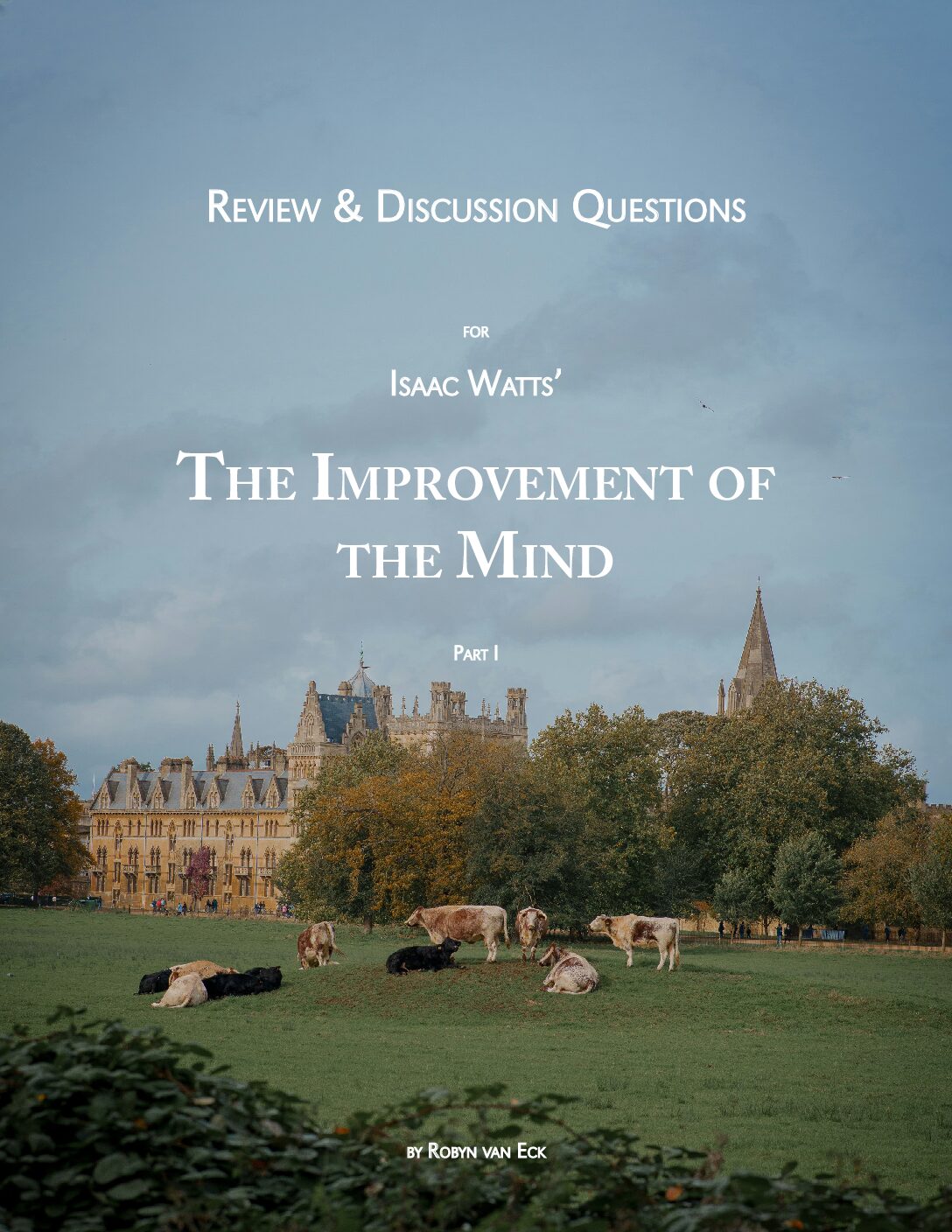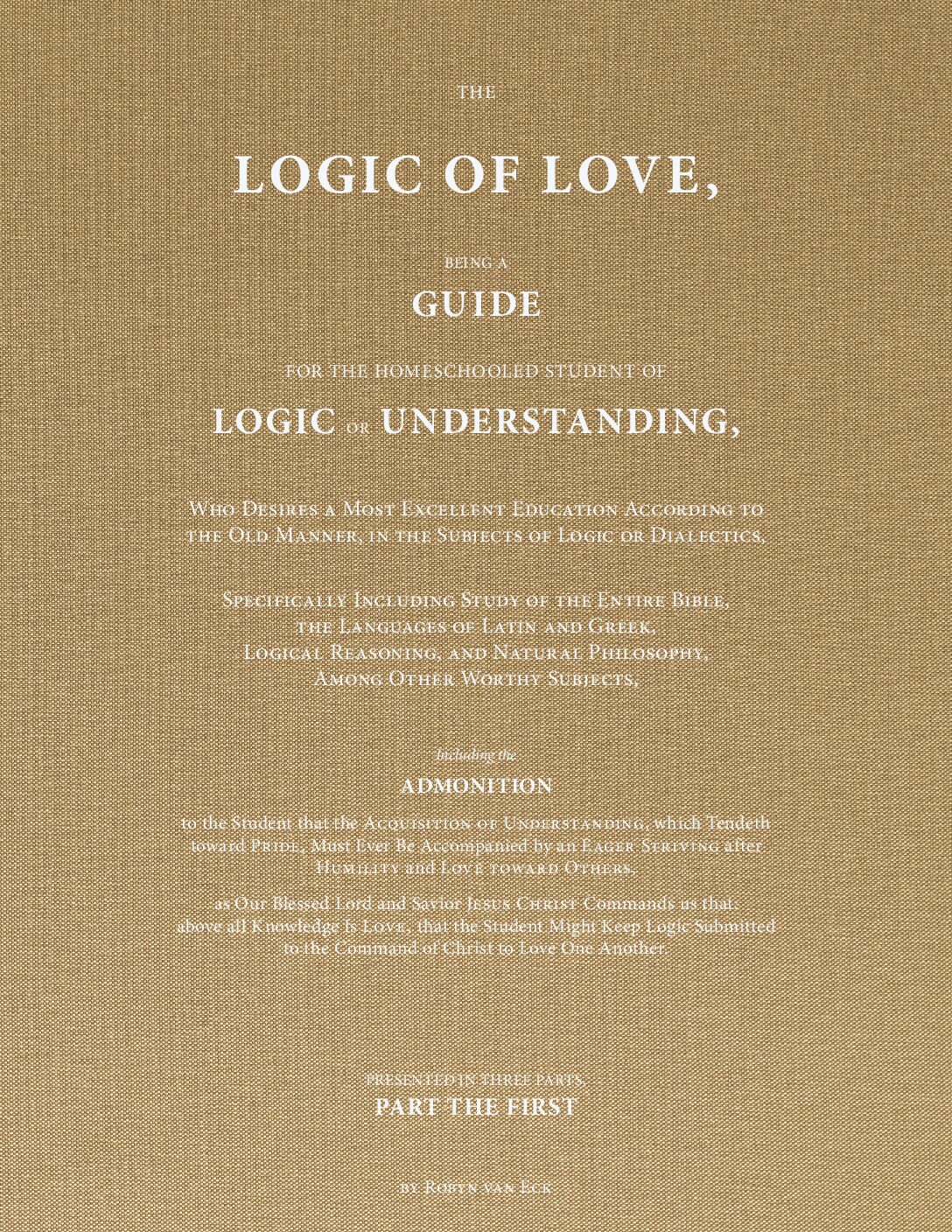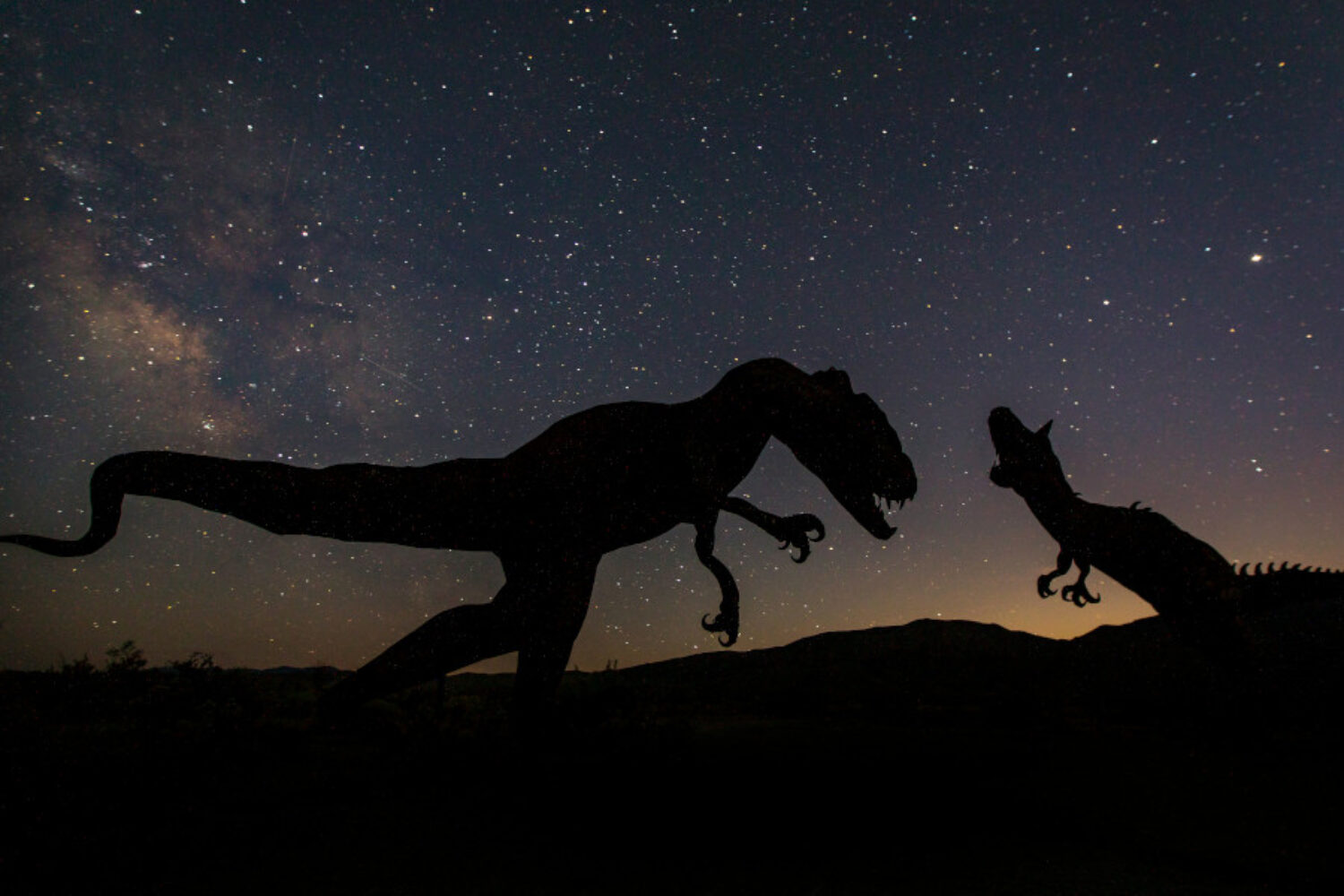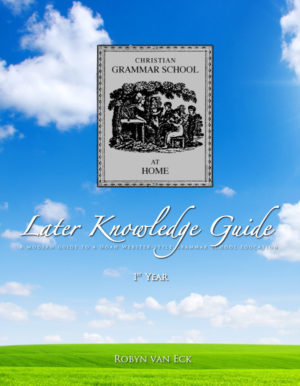Photo by Leo_Visions on Unsplash
I am a young earth creationist with a 2 year old son. My biggest concern/question is about dinosaurs and space. Both are nonsensical as described by modern science. Can you share some things about these subjects?
I, too, am a young-earth creationist! It is more than evident from the text of Genesis, as well as the places where the creation account is cited throughout the rest of the Bible, that God created the earth and heavens in 6 days, and that He did it 6,027 years ago. He gave us good numbers that we can trust.
And I love science and greatly enjoy studying God’s wonderful works in His creation!
That said, I don’t think I’m the right person to ask questions about dinosaurs and space, because those are not subjects of expertise for me. I am merely a hobbyist, if you will.
I’ll share a couple of my thoughts, but mainly, I’ll suggest people who have studied these questions in great depth, who can give far better answers than I can.
Dinos
The Bible speaks of leviathan and behemoth, so I can say with certainty that they existed, and that they had the physical characteristics the Bible ascribes to them.
Behemoth was a huge creature, and mightier than all of the other land animals God created. He had a tail like a cedar tree. He was taller than all of the trees. He looked down upon the trees; the trees offered no shade to him. The Jordan River was more like a puddle for him to splash through and ruin, than a river that he could go into like we would. He ate grasses for food, etc.
Leviathan was a reptile that lived in the sea. He was also huge and mighty, with scales that were near-impossible to pierce. It seems that he attacked ships, and was quite the terror to seamen. He was apparently was fire-breathing, etc.
Space
Similarly, I believe with conviction all that the scriptures say about the heavens—whether modern science agrees with it or not.
But that is not to say that I believe that we should take metaphorical passages, in defiance of the evidence of our own senses, and interpret the metaphorical descriptions as if they were literal descriptions of the world. I don’t believe that I am a literal lamp, but only that, metaphorically, I am a lamp to those around me. Nor is the Bible a literal piece of bread I ought to eat. Nor are there literal pillars holding up the surface of the earth.
On the other hand, in a straight-up science/history teaching passage, which is not metaphorical at all, the Bible tells us that God created the earth before He created the heavens. So even though modern scientists think they have reasons for believing the Sun and stars came first, and then the earth; I know of a surety that the earth came first, and the Sun and stars came 3 days later.
Logic
You might be helped by Isaac Watts’ book, Logic: Right Reasoning in the Inquiry after Truth. (You may recognize Watts’ name from such favorite hymns as Joy to the World, O God Our Help in Ages Past, and When I Survey the Wondrous Cross.)
Christians studied Logic, up until about 100 years ago, when the atheists took logic out of schools. (These anti-Christians did not want students to be able to think rationally anymore, frankly, so they could trick us with their lies!) But during the days of Christian education, logic was one of the most important classes students were taught. And the humble, but brilliant, Isaac Watts produced the book that became the standard logic text used at Oxford, Cambridge, Harvard, and every other good college, for 200 years.
Watts explains that we need to ask the question, How can we determine if a statement is true or not? What’s the measuring stick? If someone says a thing, does that mean we can know that it is true? Certainly not! Well, if someone we really like says it, does that mean we can know it’s true? Well, of course not; people can be mistaken, and sometimes even people we like lie! What if it’s printed in writing—then can we certainly trust that a statement is true?
Of course not. None of those are sure standards, and the world is filled with even more faulty standards. So, how can we determine if a statement is true?
Watts concludes that we know a statement is true when all of the evidence of our senses makes it so clear to our judgment that we cannot but acknowledge the truthfulness of it.
But, one might ask, How do we know we can trust our senses?
And here is the key: Because God is the One who made us, and He made our senses, and He is a God of truth—so He would not design us so that we could never discern whether or not the evidence of our senses could be trusted!
Watts writes:
Our minds are of such a make, that where the evidence is exceeding plain and strong, we cannot withhold our assent…
The God of perfect wisdom, truth, and goodness, would never oblige his creatures to be thus deceived [that our senses would lead us to think something is true, when it is actually false]; and therefore he would never have constituted us of such a frame as would render it naturally impossible to guard against error.
The God of truth would never, could never, create us in such a way that, by using the senses He gave us, we would be deceived. Thus, we can trust that our senses are reliable.
Not because we’re relying on ourselves, but because we trust in the perfection of our Maker.
Better Answers
That said, I would refer you, for questions on space, to Russell Humphries, and for questions on dinosaurs, to Kurt Wise (Is Genesis History? and Devotional Biology have lots of videos posted of his teaching). I’ve linked to a nice selection of youtube videos you might enjoy, to check them out initially. Both men are absolutely devoted to our Lord (and I know Dr. Wise personally), and have devoted their lives to understanding these aspects of our Lord’s creation.
Thanks for dropping by; please keep us in prayer!
Recommended Resources
-

Review & Discussion Questions for Isaac Watts’ Improvement of the Mind
Price range: $24.00 through $32.00 Select options This product has multiple variants. The options may be chosen on the product page -

Grammar of Grace
Price range: $89.00 through $148.00 Select options This product has multiple variants. The options may be chosen on the product page -

The Logic of Love: Understanding 1
Price range: $45.00 through $60.00 Select options This product has multiple variants. The options may be chosen on the product page


